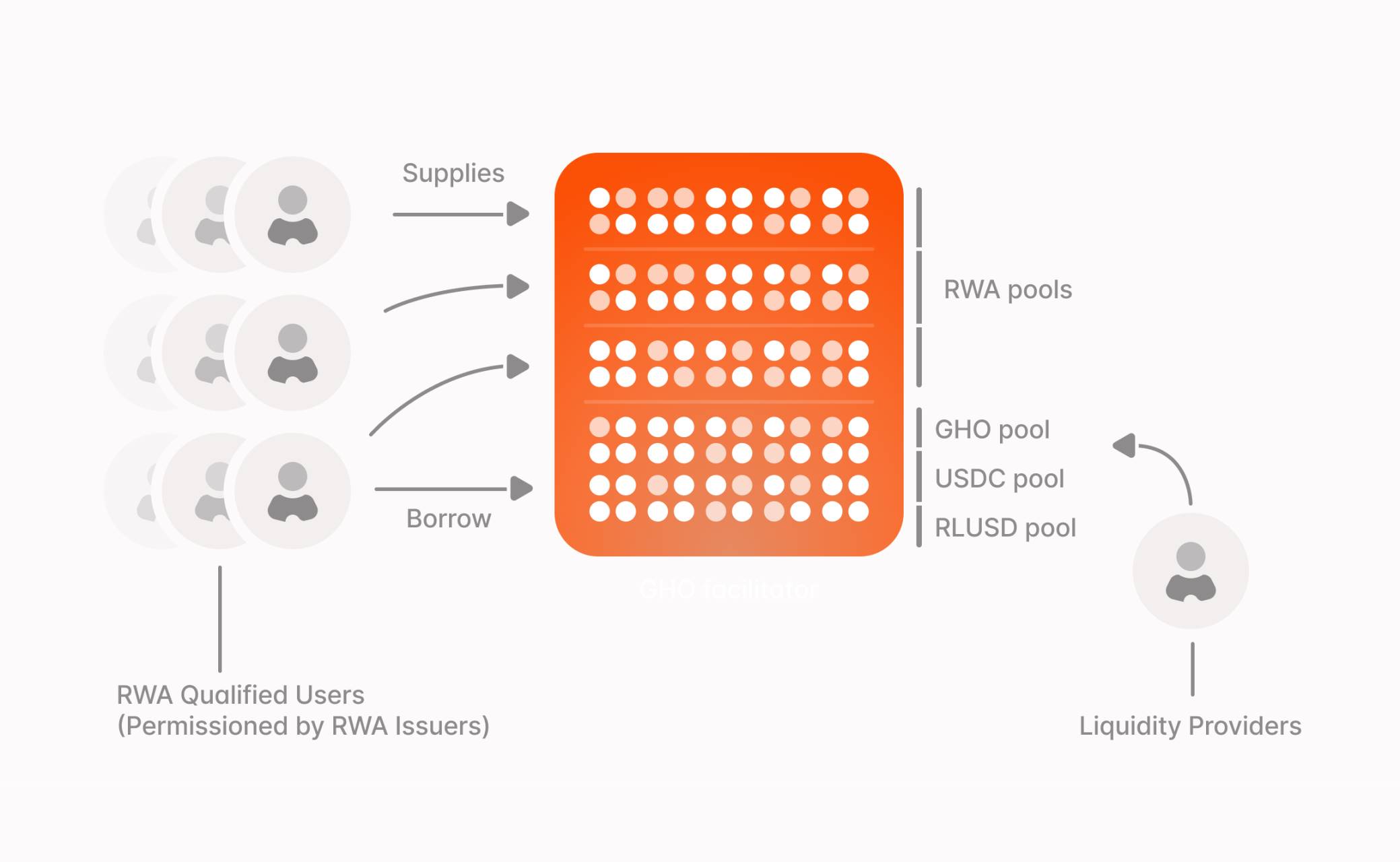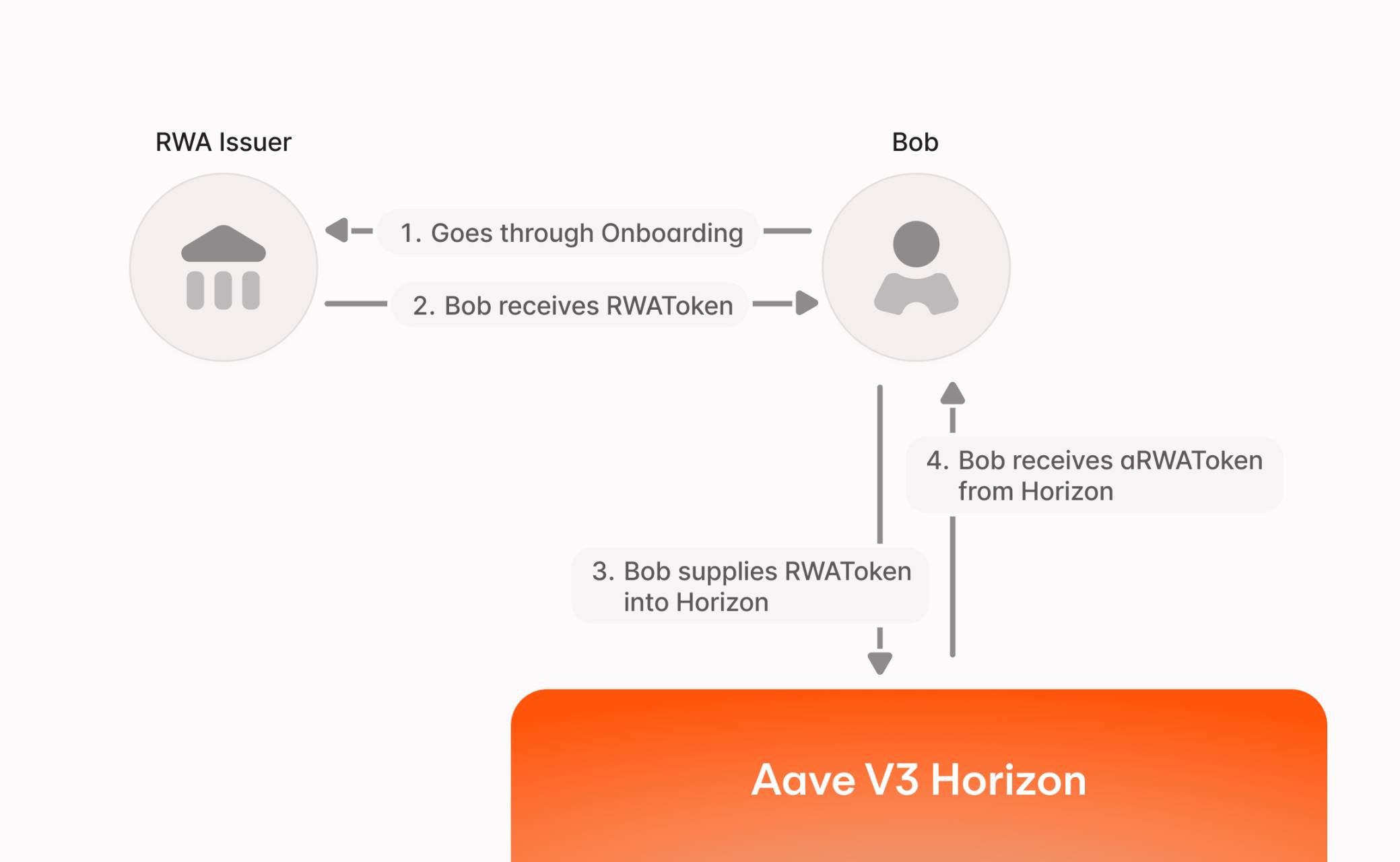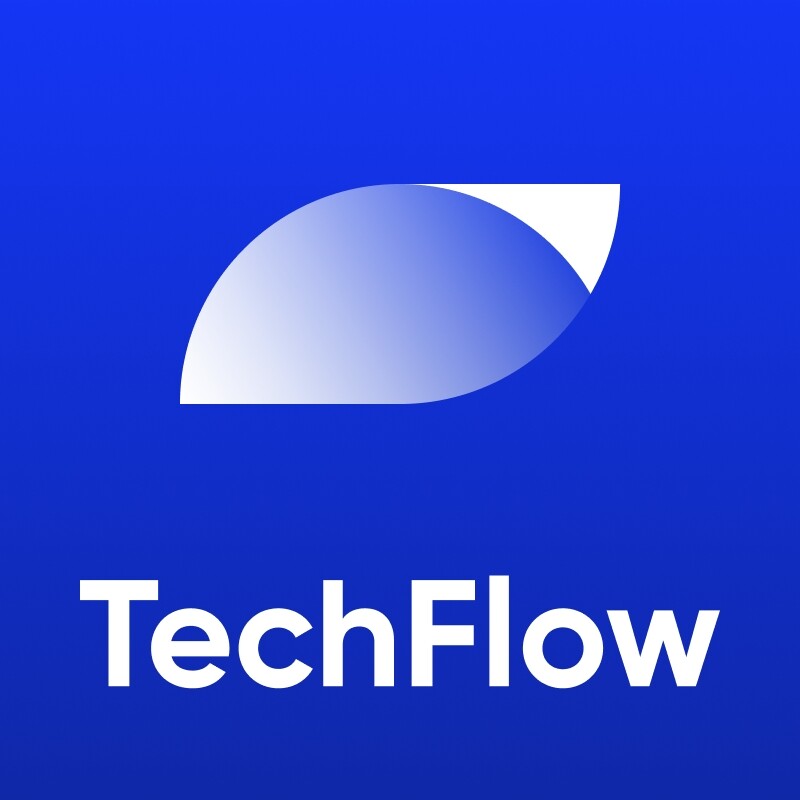Aave Bets on RWA: Will Horizon Be the Next Growth Engine?
Written by ChandlerZ, Foresight News
OnAugust 28, Aave Labs announced the official launch of Horizon, an Ethereum RWA marketplace. Institutions and qualified users can borrow stablecoins through RWA collateral, supporting Circle, Superstate, and Centrifuge collateral. Partners include Ant Digital Technology, Chainlink, Ethena, KAIO, OpenEden, Ripple, Securitize, VanEck, and WisdomTree.
The project's proposal was first presented in March, and the company said it wanted to create new revenue streams for Aave DAO and strengthen GHO's utility in DeFi.
However, the proposal page also shows that if the token is created, Aave DAO may receive a 15% allocation and a revenue-sharing arrangement. But numerous opposing users believe that the new token could dilute the value of the existing AAVE token, undermining AAVE's position as the sole governance and utility token. After sparking heated discussions, Aave founder Stani Kulechov finally stated that no new token will be created for Aave's proposed product, Horizon.
What is Horizon? Can it bring new growth to Aave?
What is Horizon?
As defined by Aave Labs, Horizon is a lending marketplace dedicated to RWAs. Institutional investors can stake tokenized U.S. Treasuries, money market funds, and even AAA-rated loan bonds and then lend stablecoins to maintain liquidity. Ordinary users have no threshold to participate and deposit stablecoins to earn interest.
Technically, Horizon is still built on the Aave protocol v3.3 and is still an unmanaged, automated architecture. Chainlink's NAVLink is responsible for providing the equity of the collateral, while Llama Risk and Chaos Labs do the risk assessment. Sounds institutional-friendly, but also retains the transparency and automatism of DeFi.
 -- Accredited investors who meet the requirements of >
-- Accredited investors who meet the requirements of >
RWA issuer can deposit RWA as collateral on Horizon. Each issuer is responsible for setting their own requirements and managing token access.
When the RWA token supply is in place, Horizon issues a non-transferable aToken, representing the collateral position. Users can borrow stablecoins equal to a percentage of their collateral value, with each collateral type having its own set loan-to-value (LTV) parameters.
 – >
– >
provides stablecoins to Horizon without any permission. Anyone can offer RLUSD, USDC, or GHO to institutions for lending. Users receive aTokens representing their deposits by providing the market with a stablecoin of their choice. aTokens earn yield and can be withdrawn at any time.
Startup partners and asset
projects attracted a number of partners from the start, and when Horizon went live, it included RWA collateral options for Superstate (USTB and USCC) and Centrifuge (JRTSY and JAAA). Circle's USYC is also coming soon. Stablecoin lenders can offer GHO, RLUSD, and USDC.
-
Circle's USYC offers the opportunity to earn dollar yields by investing in a diversified portfolio of high-quality short-term U.S. Treasury bonds.
-
Superstate's USTB and USCC offer the opportunity to earn income through short-term U.S. government securities and crypto arbitrage strategies.
-
Centrifuge's JRTSY and JAAA offer the opportunity to earn yield by tokenizing investments in U.S. Treasury bills and AAA-rated mortgage debt.
Other institutions in the Horizon network include Ant Digital Technology, Ethena, KAIO (formerly Libre), OpenEden, Securitize, VanEck, and WisdomTree.
Why is Aave doing this?
Aave has been one of the leading DeFi lending leaders over the past few years, but a practical problem is that the growth of the crypto-native market has reached a bottleneck. The borrowing volume of old friends such as ETH, USDC, DAI has basically stabilized, and although there are many long-tail assets, the risk is higher and cannot support new growth.
At the same time, RWA has become a new outlet for the industry. The scale of tokenized treasury bonds has doubled several times in two years, and traditional giants such as BlackRock and Franklin have tested the waters. Aave believes that there are currently over $25 billion in RWA assets on-chain, but most of them are scattered across traditional infrastructure. Horizon allows these assets to be used as real-time collateral for stablecoin loans, unlocking greater utility. For Aave, this is an opportunity not to be missed. If RWA can be introduced, it will not only attract new funds, but also find more solid use cases for its stablecoin GHO.
When Aave first announced its Horizon plan in March, it was intended to introduce RWA to DeFi and provide institutions with a compliant on-ramp for collateral lending. But a design involved in the proposal quickly sparked controversy within the DAO over whether to issue a completely new token for Horizon.
According to the original vision, if Horizon launches a standalone token, AaveDAO will receive about 15% of the distribution while enjoying certain revenue-sharing rights. But this plan was immediately met with a large amount of opposition. Many community members are concerned that the new token will dilute AAVE's value, undermining AAVE's position as the sole governance and utility token. Marc Zeller of the Aave Chan Initiative has publicly stated that he will not support this form of proposal.
As the discussion heated up, Aave founder StaniKulechov personally came forward in mid-March to clarify, making it clear that no new tokens would be created for Horizon, and that the development team would respect the DAO's consensus, saying, "The overall consensus is that the DAO is not interested in introducing new tokens, and this consensus will be respected. AaveDAO is a true DAO." This statement came as a relief to some community members, who saw it as a protection of AAVE's values and governance system. The Horizon tokenization controversy finally came to an end.
The launch of Horizon means that Aave has moved from a crypto-native lending protocol to a more ambitious direction. Of course, the challenges are not gone. Horizon isn't RWA's first attempt, and it has Aave in the growing competition.
